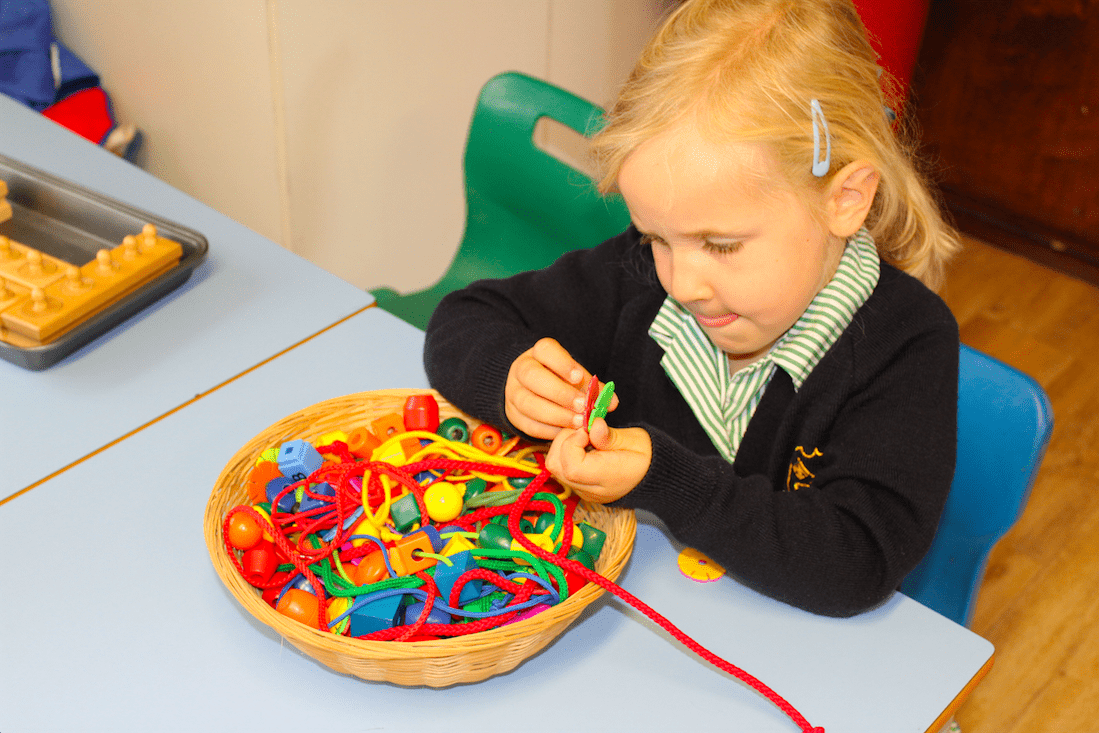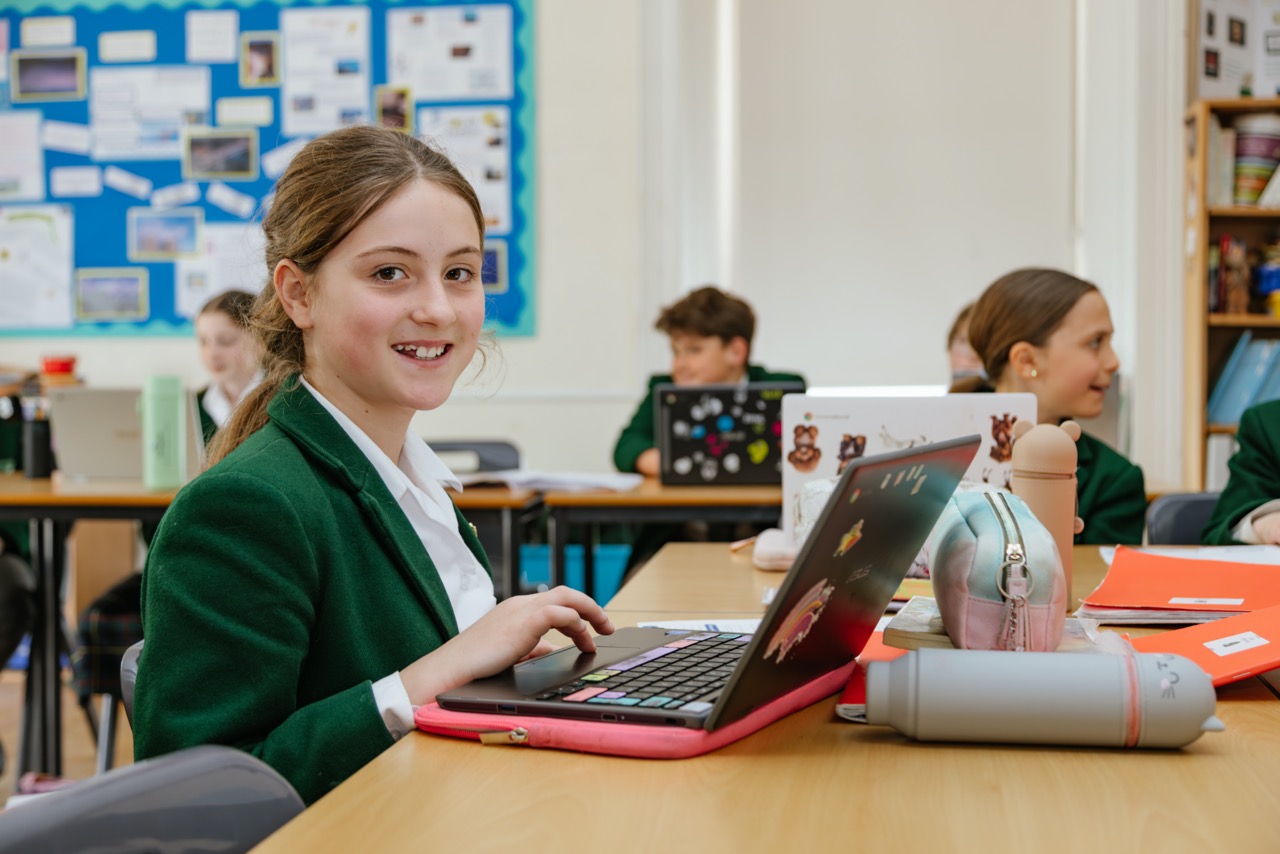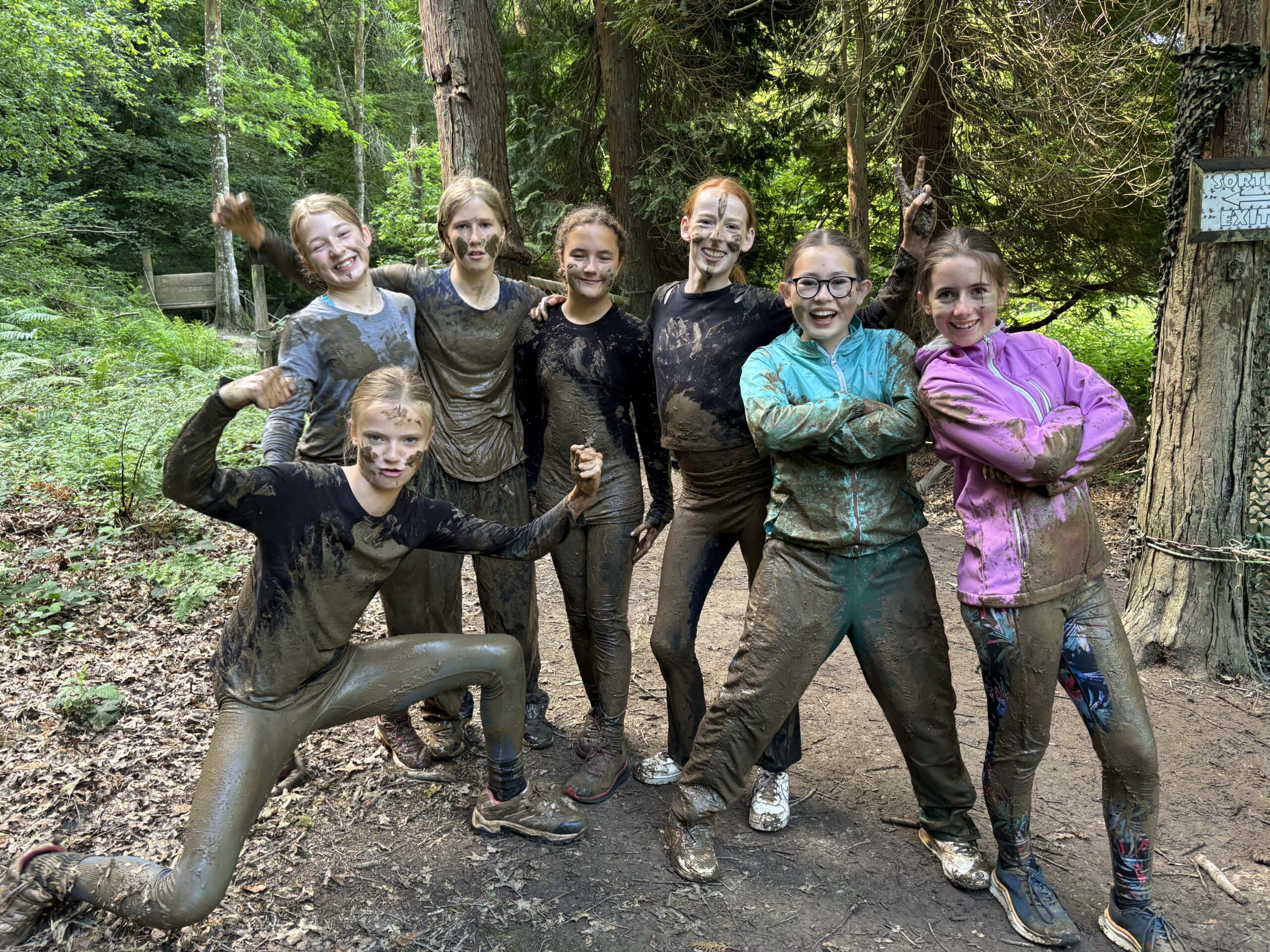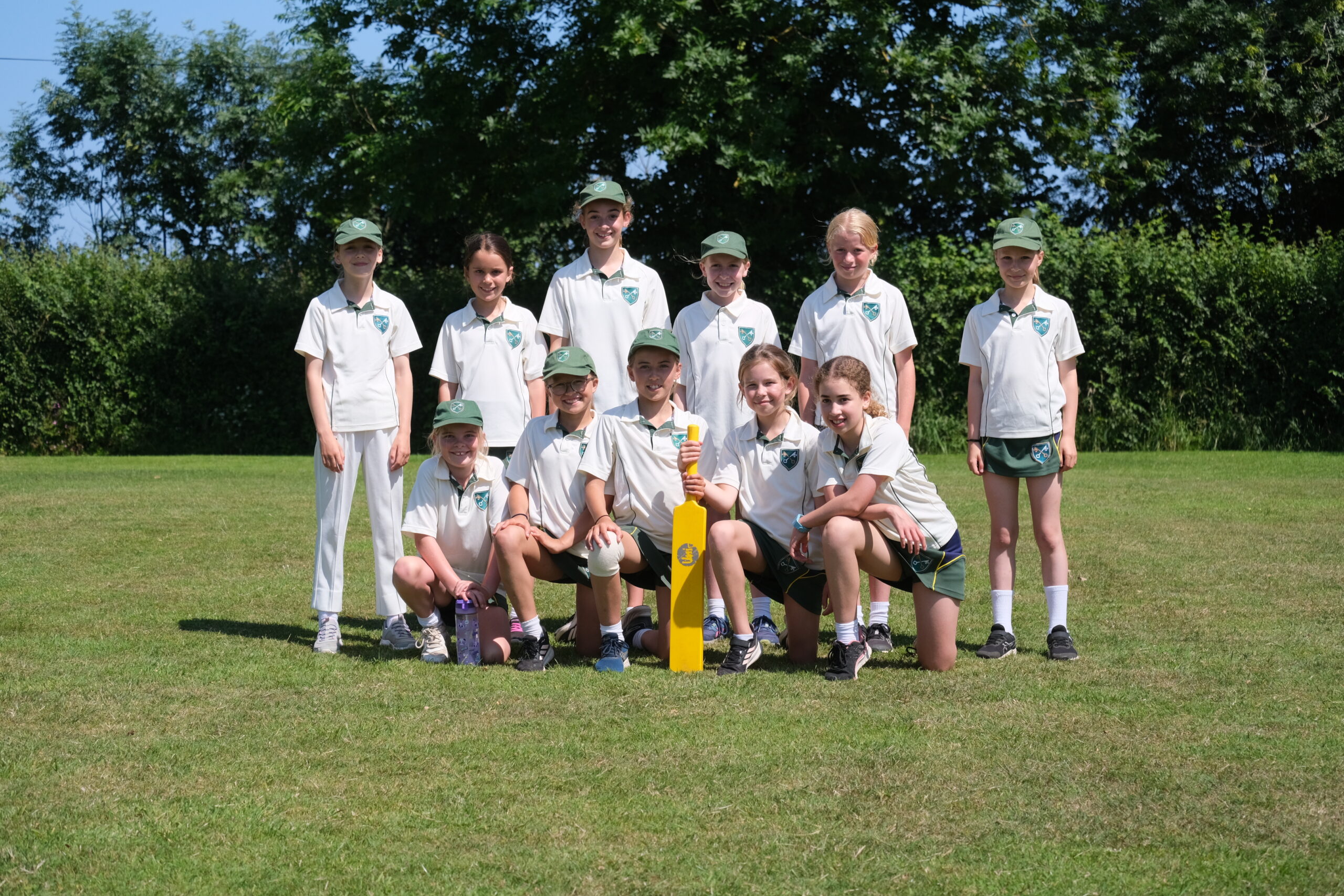Now that your children are well and truly back to school and starting to settle into their new routine, it’s a good idea to start thinking about how you can make the most of their education. Here at St Peters, we do everything we can for each individual child to help them flourish in various types of learning environments, but there is also lots that you, as parents or caregivers, can do at home to speed up the process. One way is to undertake a strategy of activities, engagements and reinforcement that will help them to focus during lessons.
Concentration is something many children struggle with but, much like a muscle, it requires regular exercise in order to strengthen. Crucially, most pupils tend to begin to lose focus on a topic they find boring or difficult, yet this is really where their brain should be concentrating the most to make sense of what is happening in front of them. If you think that your child lacks focus, or this has been highlighted by a teacher, we’ve listed below some tips that can easily be performed at home and will help to improve their levels of concentration.
Helping with Homework
Homework plays a big part in improving concentration levels, and a better attitude towards working at home is likely to be reflected in the classroom. Set aside certain times of the day and a dedicated space for completing homework and minimise any digital-based distractions. For example, find a quiet room with a desk or table, with no TV, phone, games console or laptop unless it is being used to complete or research the assignment. This is the ideal environment for them to focus on the task in hand as opposed to what their friends have recently posted online and encourages a better relationship with working from home for exams in the future, whereby independent study and revision play a larger part in their course.
Setting Time Limits
As with any goal-setting, one of the most important factors that help to ensure success is keeping the objectives realistic. As your child sits down to tackle homework or a task you have created at home, give them a time limit to work to, and ensure any good or hard work is rewarded with something they enjoy, such as playing outside or an episode of their favourite TV programme. Not only will this help to motivate them to succeed, but children have imaginative minds, and realistically we can’t expect them to sit still at a desk for hours upon end the same way adults might be able to. Much younger children can concentrate for a maximum of twenty minutes at a time, so short and regular breaks are key. Older children might be able to last for an hour or two but taking time away from the task in hand might help them to find a completely new and more effective approach.
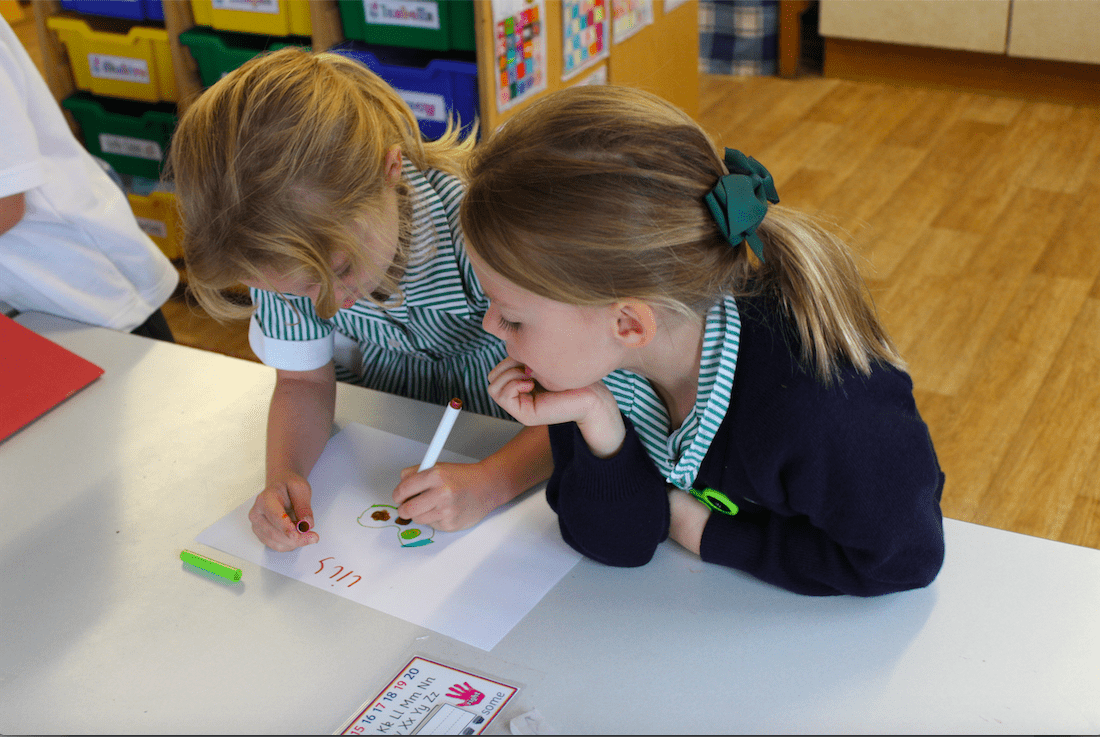
Don’t Attempt to Multi-task
Despite multi-tasking being praised throughout our adult life, this ability is not helpful for children who are trying to improve their concentration. Children faced with several tasks will soon find themselves opting for the easiest first, and spending far too long on those they know well as a way of procrastinating on the challenges they are not so confident in. If you find your child is facing problems with several skills at school and at home, start with just one and trial an array of tasks until they understand the concept before moving on to the next. That’s not to say you can’t revisit certain topics to ensure they fully understand but keeping to an itemised schedule will make it easier for them to focus on the task in hand as opposed to worrying about or wondering what’s to come.
Consider the Diet
Eating healthily has a direct link to how much a child can concentrate and there are various foods that are high in protein including eggs, almonds and lean meat which have been proved to raise awareness and increase concentration levels. Eating greens and fruits really is good for mind, body and soul and will inject the body with antioxidants to help to boost brain power. A recent trend in older children shows them drinking more and more coffee and energy drinks, and the sudden hit of sugar can often lead to a crash later on in the day, so are best avoided if they have an upcoming study session.
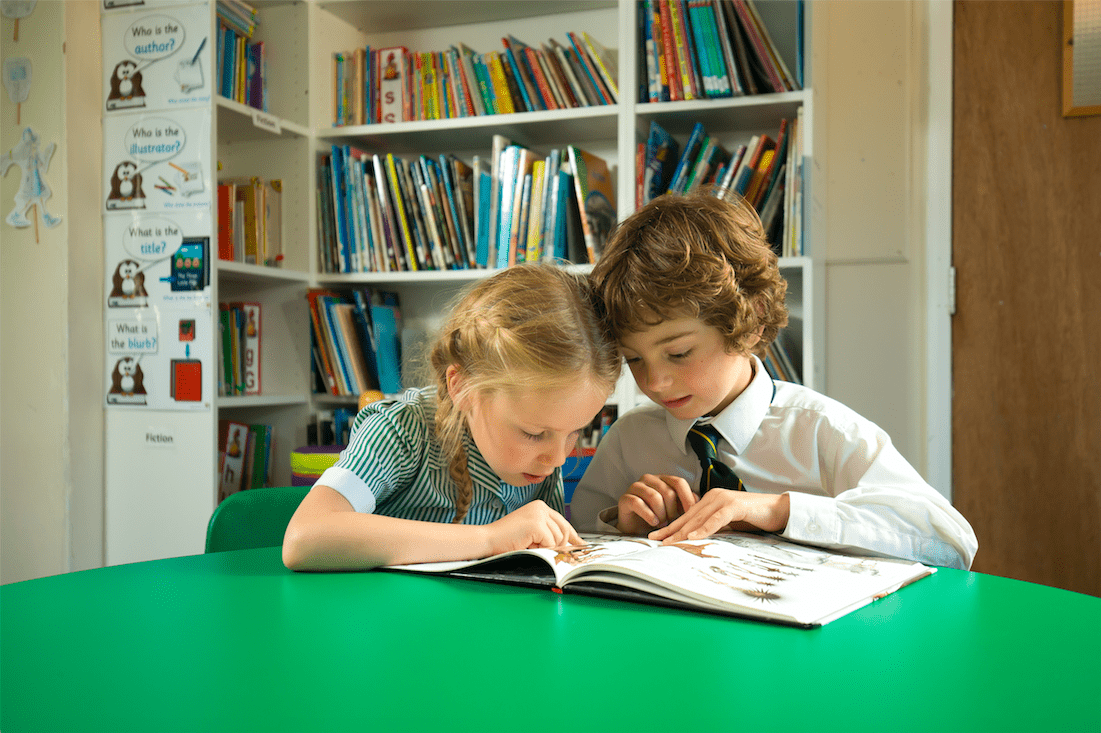
Establish a Routine – and Stick to it!
While routines aren’t always feasible for some households, establishing some kind of system with room for flexibility will help your child differentiate between time to study and time to play. If they’ve come straight from a school lesson to home, it might be a good idea to establish an hour or two as outside play where they can meet up with friends or play with brothers and sisters whilst enjoying a break from concentration. Set a time for them to come back in and do their homework so they can keep this in mind, and seamlessly transition from one to the other – there should be minimal reluctance as this routine gets more and more cemented. Next, a healthy dinner, followed by some more downtime, where they can relax just before bed. Once they get used to the idea of working at home, it will soon become second nature and will surprisingly take minimal persuasion!
Whether your child comes to St Peter’s for the day or is a pupil at our boarding school in Devon, these tips are ideal for after school and can also be implemented during the school holidays. We hope this has given you some things to think about for while your child is at home, and you can learn more about the teaching and learning qualities at St Peter’s with our recent blog post, here. If you have any further concerns about their levels of concentration, don’t hesitate to contact us here at St Peter’s, and we’ll be happy to put you in touch with relevant teachers who will be able to offer in-depth advice tailored to each pupil.





